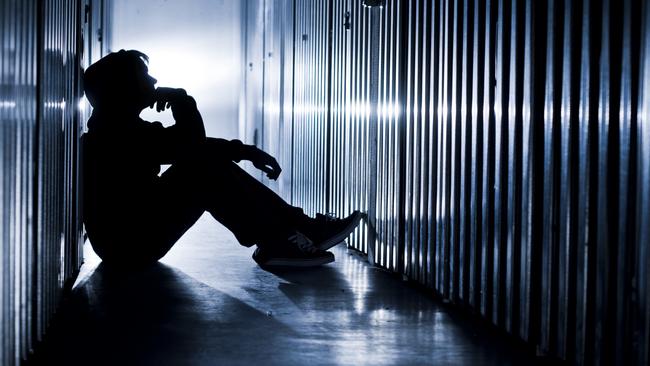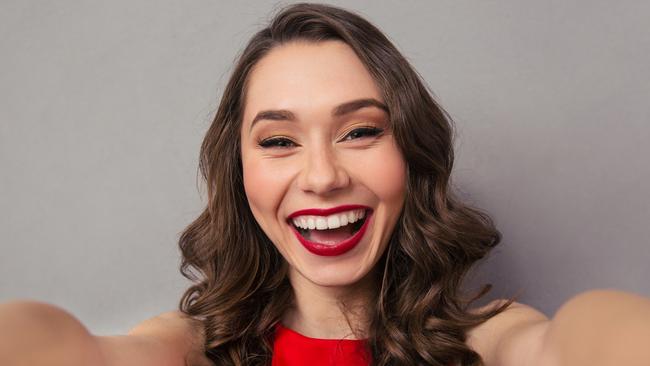Why are our Indigenous youths committing suicide?
Six Aboriginal youths have killed themselves over the past 18 months in one outback town in WA. Why is this happening, asks Indigenous singer Christine Anu.

Rendezview
Don't miss out on the headlines from Rendezview. Followed categories will be added to My News.
WHEN I was little, I saw my fair share of people doing it tough. Hell, I was one of them.
We had no money, no electricity. Domestic violence was rife. But with the optimism of youth, I always assumed that things would get better.
It’s becoming increasingly clear that for many Aboriginal and Torres Strait Islander people, it hasn’t.
My heart broke when I read about Matt Taylor, an undertaker in the outback Western Australian town of Leonora who buried his son, a victim of suicide. In this part of Australia broken by the mining downturn, it is the sixth Aboriginal youth suicide in the last 18 months.
Last year in Western Australia a 10-year-old Aboriginal girl took her own life. Ten years old!
Thinking about this baby girl brings tears to my eyes. In many other parts of Australia, suicide rates amongst Indigenous Australians are the highest they have been in over a decade. Left behind are family and friends wondering — why?
What I’ve learnt about mental health issues through my own battle is that they creep up on you. Day by day you ignore the niggling feeling that something isn’t right and by the time you realise how bad things are, you’re knee-deep in quicksand unable to get yourself out.
When things got tough, I did what so many Aussies do. I pushed through. “Suck it up”, I’d tell myself. “Put on a brave face.”

I’d wake up, the quiet of the early morning broken by the pounding of my heart in my chest. Alone in the darkness my fears overwhelmed me, crippling me until I was forced to realise that this was more than just being down in the dumps. Maybe this was depression.
I’m lucky that I was able to reach out to people who could help. But at first I was petrified. I wondered who do I reach out to, how do I get through this? Reflecting on it now I can’t imagine facing this as a kid.
If at 46 I was unsure of where to turn, how would a kid know? How would I help my kids if they turned to me in the same situation?
For so many Indigenous families there is the added fear of having already been scarred by systemic and generational abuse at the hands of those who were supposed to help. Would you speak to your GP if you were worried someone would take your kids? Would you raise your hand and admit to struggling if you thought someone would report you?
Sadly in remote and rural communities even when people do reach out, the resources aren’t there. Services only visit every other week or people need to leave a message and wait for a call back. Admitting you need help can feel like such a failure.
Can you imagine having the courage to finally reach out and being asked to leave your name and number for someone will get back to you? Or that someone will be in town in two weeks if you could just hold out?
These are our kids, our future dreamers, and leaders. They need support when they ask for it.
They deserve it. Ask yourself what you’d want in place if it were your child asking for help.
To parents — I urge you to be open with your kids. We often trivialise the experience of youth. Not only do we forget our own struggles at that age, we forget they’re growing up in a world far different to the one we knew. If you see them having a bad day, encourage them to reach out.
There is no shame in mental illness and there is no shame in seeking help. If you need to talk to someone or aren’t sure where to turn, please call one of the support numbers below.
Lifeline: 13 11 14
Beyond Blue: 1300 22 4636
Suicide Call Back Service: 1300 659 467
Kids Helpline: 1800 55 1800
MensLine Australia: 1300 78 99 78
Christine Anu is one of Australia’s most successful Indigenous performers. She is currently the host of the national Friday and Saturday evening shows on ABC Local Radio.


